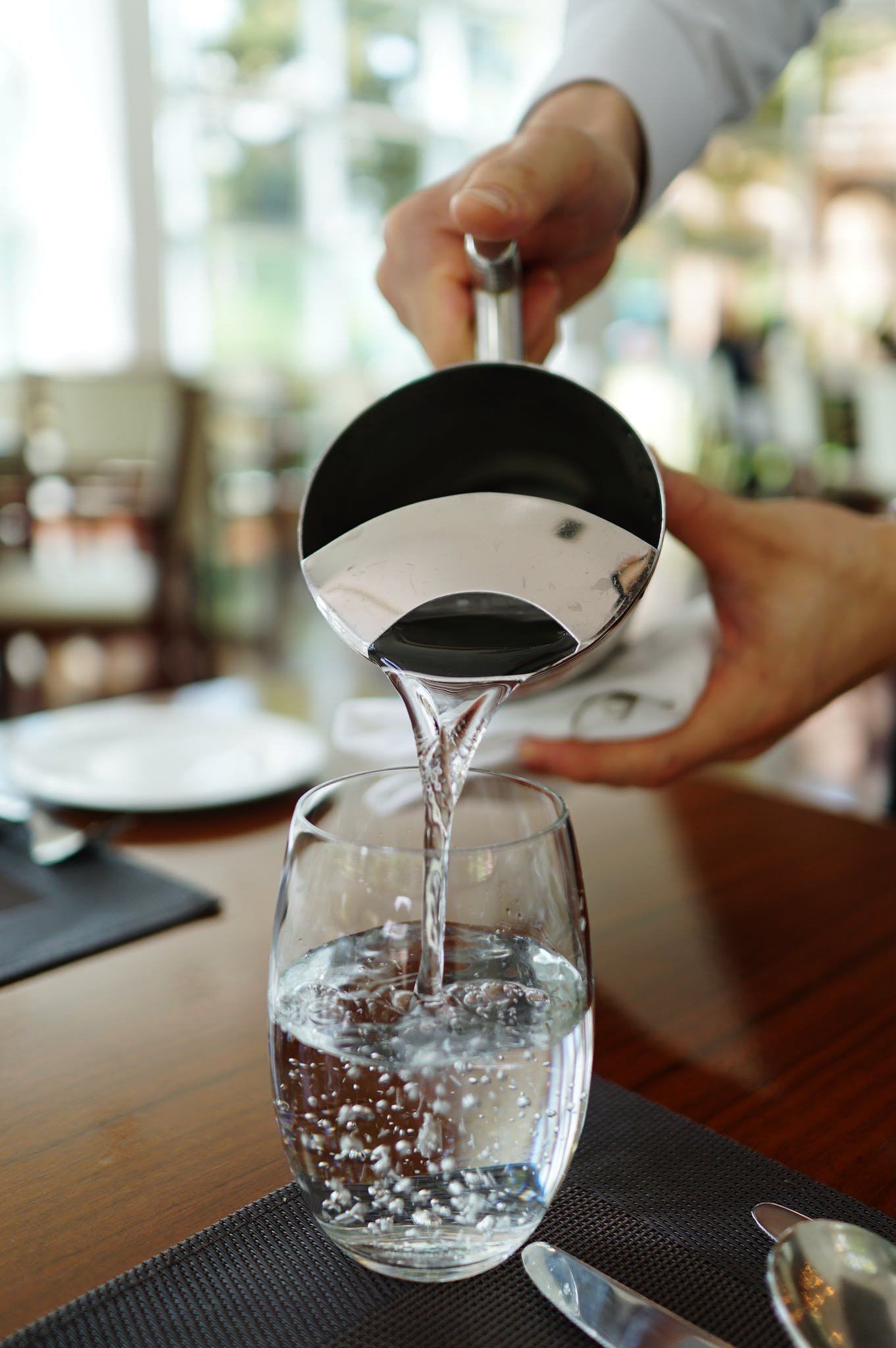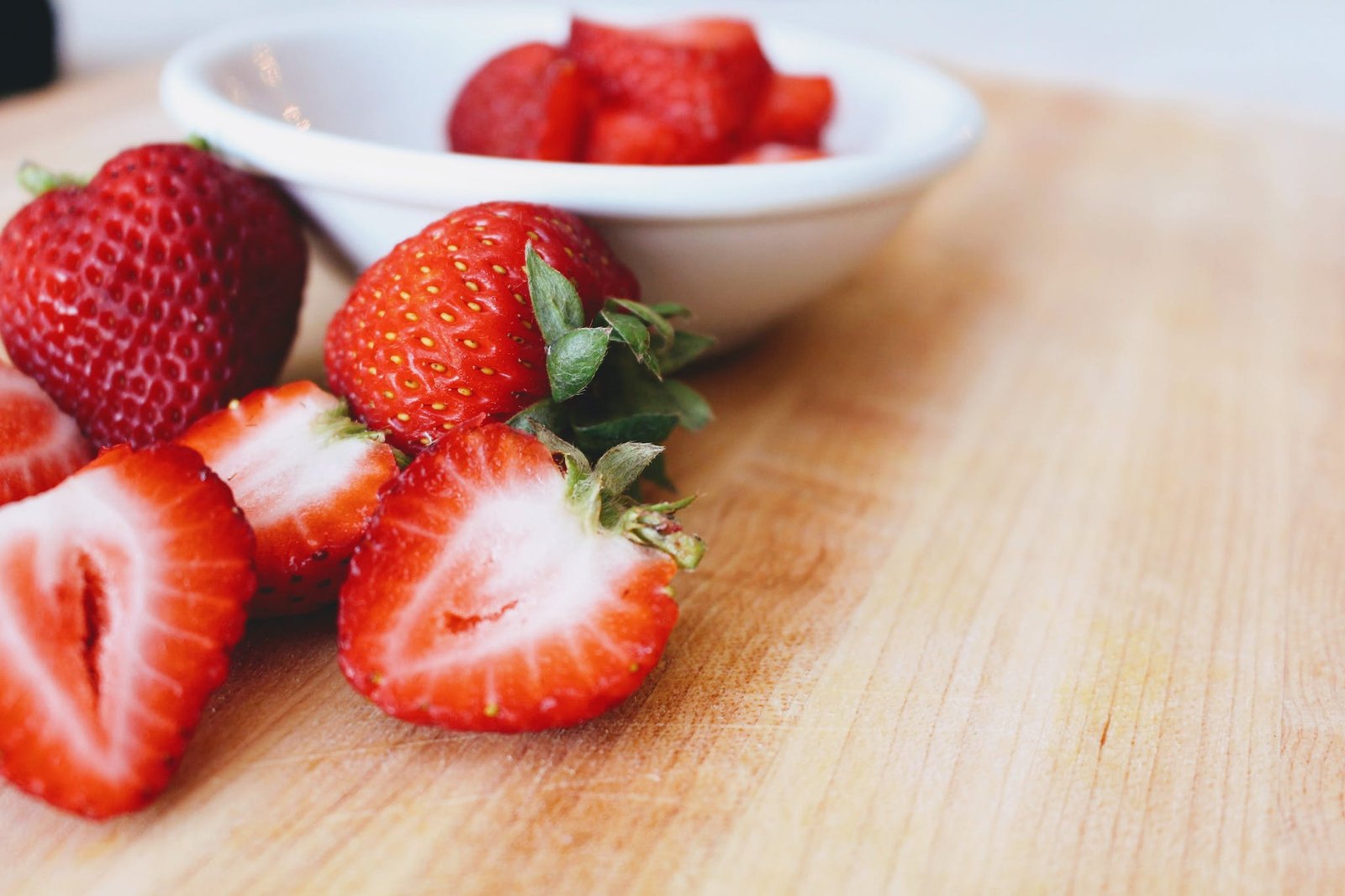Signs You Need to Increase Your Daily Water Intake
There are some affiliate links below, but they are all products I highly recommend. For more info, view my disclosure here.
Are you feeling tired all the time? Is your skin dry and itchy? Do you often get headaches? These could be signs that you need to increase your daily water intake.
Your body relies on water to function properly, and when you don’t drink enough, it can lead to various symptoms. By paying attention to these signs and drinking more water, you can improve your overall health and well-being.
Don’t ignore the signs – hydrate yourself!
Constant Fatigue
You’re constantly feeling tired and low on energy. It seems like no matter how much you sleep or rest, you just can’t shake off that fatigue. Well, one possible reason for your constant tiredness could be dehydration. When you don’t drink enough water, your body becomes dehydrated, which can lead to feelings of extreme tiredness and fatigue.
Water is essential for your body to function properly. It helps transport nutrients to your cells, regulates body temperature, and supports overall bodily functions. When you don’t drink enough water, your blood volume decreases, making it harder for oxygen and nutrients to reach your muscles and organs. This lack of hydration can leave you feeling exhausted and drained.
Furthermore, dehydration can also interfere with your sleep patterns. It can cause issues like dry mouth, thirst, and discomfort, making it difficult for you to get a good night’s sleep. Poor sleep quality can further contribute to feelings of fatigue and low energy throughout the day.
Dry Skin
If your skin feels dry, it may be a sign that you should drink more water throughout the day. Dry skin is often a result of dehydration, which occurs when your body doesn’t have enough water to function properly. When you don’t drink enough water, your skin can become dry, itchy, and tight. This is because water plays a crucial role in maintaining the moisture balance in your skin.
When you’re dehydrated, your body prioritizes essential functions, like keeping your organs functioning properly, over providing moisture to your skin. As a result, your skin can become dry and rough. Drinking enough water helps to hydrate your body from the inside out, providing your skin with the moisture it needs to stay healthy and supple.
To combat dry skin, make sure you’re drinking enough water throughout the day. The recommended daily intake is around 8 cups or 2 liters. However, this can vary depending on factors like your activity level, climate, and overall health. It’s important to listen to your body and drink water whenever you feel thirsty. Additionally, you can incorporate hydrating foods like fruits and vegetables into your diet to further support skin hydration.
Headaches
Having a headache can be a result of various factors like stress, dehydration, or tension in your muscles. When you don’t drink enough water, your body becomes dehydrated, which can lead to headaches. Water plays a crucial role in maintaining proper hydration levels in your body, including your brain. When you’re dehydrated, your brain tissue shrinks slightly, triggering pain receptors and causing headaches.
Drinking an adequate amount of water throughout the day can help prevent and alleviate headaches. When you’re properly hydrated, your blood flows more smoothly, delivering oxygen and nutrients to your brain more efficiently. This can reduce the frequency and intensity of headaches.
If you’re experiencing a headache, try drinking a glass of water and see if it helps. Dehydration can also lead to muscle tension, which can contribute to headaches. By increasing your water intake, you can help relax your muscles and alleviate tension, reducing the likelihood of headaches.
Remember to listen to your body and drink water regularly, even if you’re not feeling thirsty. Staying hydrated is essential for overall health, and it can have a significant impact on preventing those pesky headaches.
Urine Color
When your urine color is dark yellow or amber, it may indicate that you need to drink more water to stay properly hydrated. Your urine color can be a great indicator of your hydration levels. Ideally, your urine should be a pale yellow or straw-like color. If it’s darker than that, it means that you need to increase your water intake.
Dark yellow or amber urine is a sign that your body isn’t getting enough fluids. Dehydration can lead to a range of health issues, such as fatigue, dizziness, and even kidney stones. By drinking more water, you can help flush out toxins from your body and keep your organs functioning properly.
Remember to drink water throughout the day, even when you’re not feeling thirsty. Carry a water bottle with you, and make it a habit to take regular sips. Aim for at least eight glasses of water a day, and pay attention to your urine color to ensure you’re staying hydrated.
Muscle Cramps
To prevent muscle cramps, make sure you stay properly hydrated by drinking enough water throughout the day. Dehydration is one of the main causes of muscle cramps, so it’s important to make sure you’re getting enough water. When you don’t drink enough water, your muscles can become more prone to cramping. Water plays a vital role in muscle function, helping to regulate electrolyte balance and allowing your muscles to contract and relax properly. So, staying hydrated is key.
It’s recommended to drink at least eight glasses of water per day, but you may need more if you’re physically active or live in a hot climate. Keep a water bottle with you throughout the day as a reminder to stay hydrated. And if you’re experiencing muscle cramps, try sipping on water and stretching the affected muscles to help alleviate the discomfort.
Difficulty Concentrating
Are you finding it hard to concentrate? You might be surprised to learn that one possible reason for your difficulty focusing is dehydration. When your body doesn’t have enough water, it can impact your cognitive function and make it challenging to stay on task.
Dehydration can lead to reduced blood flow to the brain, making it harder for you to think clearly and stay alert. Additionally, water plays a crucial role in the production of neurotransmitters, which are essential for proper brain function. Without enough water, these neurotransmitters may not be produced efficiently, affecting your ability to concentrate.
Increasing your daily water intake can help alleviate this issue. Aim to drink at least eight glasses of water a day, or more if you engage in physical activity or live in a hot climate. Remember to listen to your body’s signals for thirst and drink water throughout the day.
You can also incorporate fruits and vegetables with high water content, such as watermelon and cucumber, into your diet. By prioritizing hydration, you can improve your ability to concentrate and enhance your overall cognitive function. So, grab a glass of water and give your brain the boost it needs!







